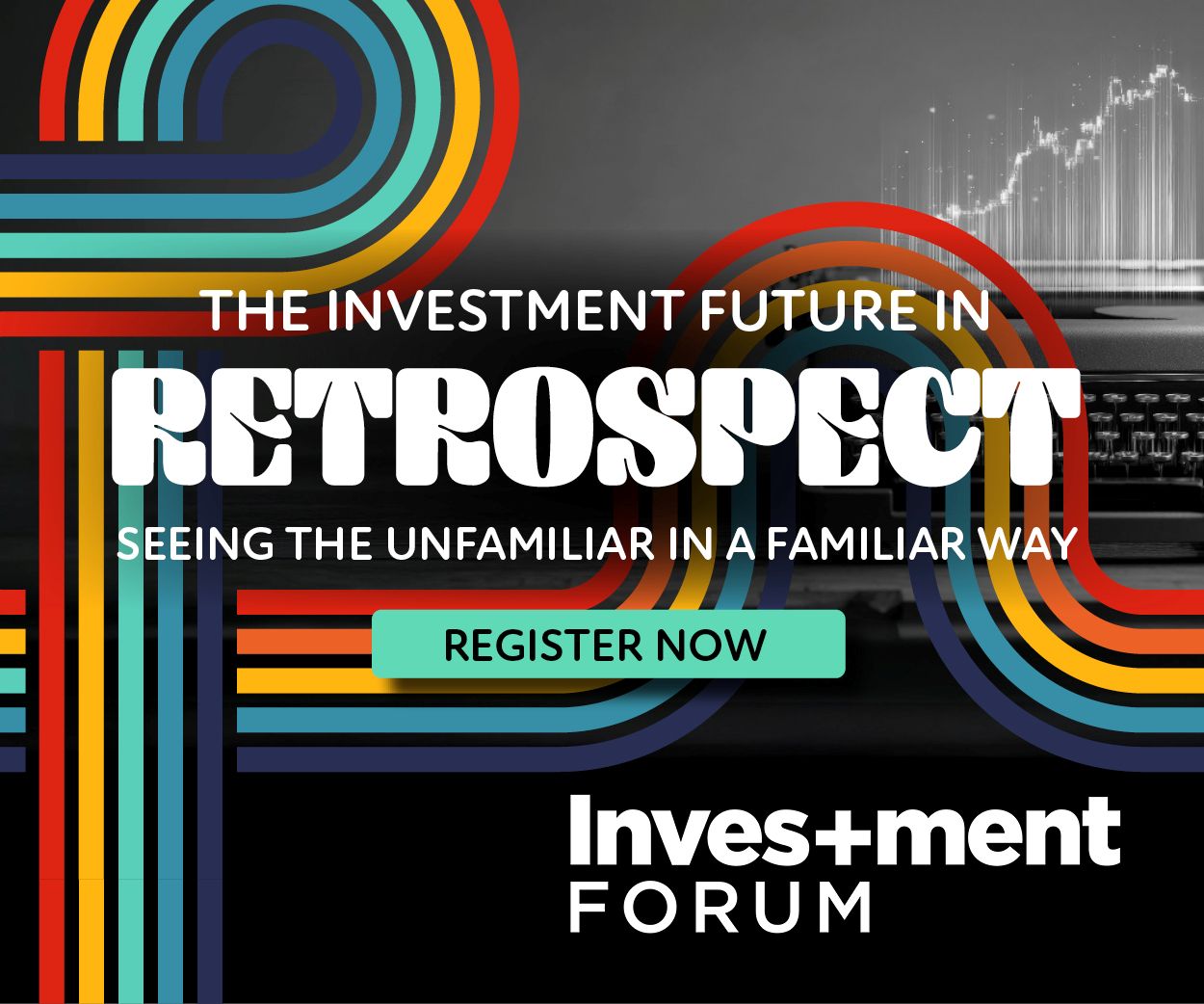T he trends, policies and institutions that have been established over the last 30 years have been turned around and/or abandoned. The world is now gripped by nationalism, protectionism and trade fragmentation. At Citadel Asset Management, we thoroughly analyse these developments and their effect on global financial markets, so that we can support you, the financial advisor, around the changes in global market structures and how they impact your clients.
Changing trends
The period from 1990 to 2020 can best be described as one of hyper-globalisation. China entered the global manufacturing scene with a bang, and its ability to scale drove production costs lower. As the new force in global manufacturing, China enabled rapid increases in globally interconnected supply chains. The overall lower production costs also “exported” disinflation to the rest of the world, which had the impact of keeping inflation under control and seeing interest rates around the globe decline over the three-decade period. These lower rates created fertile ground for capital-hungry tech startups as they could secure long-term funding at lower rates than ever before.

As global trade increased exponentially, the US dollar found itself at the heart of the global economy as it became the leading trade settlement currency. Many foreign dollar receipts were then left in the US and recycled to interest-bearing savings via purchases of US treasuries. This process gave the US a massive advantage by providing it with an enormous pool of funding at exceptionally low interest rates. This capital funded US growth, drove the dollar stronger and kept interest rates under control.
Enter 2025 and US President Donald Trump – in one fell swoop Trump introduced trade tariffs against the entire world to restore lost manufacturing to the US and reduce the US trade deficit. This action saw Trump alienate the US from its global trading partners. It was as if the US did a “Brexit” out of the world, instantly turning itself into an independent island. China immediately seized the opportunity to start negotiating trade agreements with the US’s estranged partners, and all were too pleased to have such discussions without the US. The US dollar also lost its status as the most trusted global currency of settlement, and its share of global trade has decelerated. While more than 50% of global trade is still settled in dollars, its share is declining as fast as new trade relations, that exclude the US, are established.
Global central banks also no longer want to maintain all their reserves in US treasuries. Rather, they have switched to the old-faithful: gold. Gold has been the biggest beneficiary as the rise in geopolitical tensions drive sovereign-wealth-fund and central bank purchases towards the safe-haven asset.
It is crucial to note that the global shifts taking place are not cyclical.
A resilient economy
Despite the increased trade tensions, the global economy is more resilient than even the most positive outlooks could have predicted at the beginning of the year. How can that be, you may ask?
Two factors are driving the world economy right now: declining interest rates, with the expectation of further cuts; and Artificial Intelligence (AI). Trump did not contain his wrecking ball to global trade partners; he is also attacking his own central bank, the US Federal Reserve, to take control of its interest rate policies. As such, both cyclical and political forces are now trying to lower US interest rates, and the expectation of lower interest underwrites gains in risk assets.
At the same time, we are experiencing a historical mania around the capacity for AI. The rapid capex into this sector may prove to be a bubble in future, but it might also be the underpinnings of one of the greatest evolutions for humankind. Think of the evolutionary effects of the internet and smart phones most recently, which were also called bubbles during their infancy. The leaders in AI are now investing into each other, further pushing their values sky-high.
We are experiencing a historical mania around the capacity for AI.
What does this mean for the investor and advisor?
- In this rapidly evolving world, investors and advisors need to change the way they work. They require:
- More diversification than ever before. Portfolios must be robust and flexible as the period that lies ahead will be trickier to navigate and be far more turbulent than what we have experienced in 2025.
- Greater fiduciary responsibility as asset class choices, and indeed the asset universe, grows.
- Long-term planning as assumptions and allocations change.
- Investment process discipline by both manager and investor will be crucial. An investment portfolio without a tried-and-tested process will unravel over the next few years.
- Filtering noise from fact. There is a lot of disinformation around which, unnecessarily, scares investors. Our task as custodians of their wealth is to distinguish fact from fiction and keep them prudently invested to reach their goals.
As advisors, it is crucial to note that the global shifts taking place are not cyclical. They will not return to “normal”. Deglobalisation is a structural change to the world economy and will impact global financial markets for the next few decades. In this new world, the value of a financial advisor that distills facts from noise, who offers guidance rooted in professionalism, discipline and context will be immeasurable.












